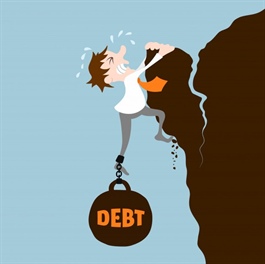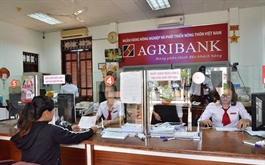Viet Nam approves 30% CIT reduction
Viet Nam approves 30% CIT reduction
The Government has decided to implement a 30 per cent corporate income tax (CIT) cut for certain businesses for the 2020 financial year.

Viet Nam’s National Assembly on June 19 ratified the Government’s proposal to cut corporate income tax by 30 per cent.
According to Decree No 114/2020/ND-CP, all enterprises, co-operatives, agencies and organisations established under Vietnamese law and generating income of no more than VND200 billion (US$8.58 million) a year are eligible. The 30 per cent reduction is only applicable to income generated in 2020.
In cases of a newly established enterprise or those which have changed their form, ownership, or have undergone consolidation, merger, acquisition, dissolution or bankruptcy in a month, the operation period shall be counted for the full month.
In cases where the enterprise expects total revenue in the 2020 corporate income tax period to not exceed VND200 billion they shall determine the quarterly temporary payment equal to 70 per cent of the payable CIT amount of the quarter.
Recently, the Board for Private Economic Development Research proposed a 30 per cent CIT reduction for all businesses in 2020, instead of only applying to businesses with total revenue of less than VND200 billion.
The board also proposed to reduce value-added tax from the current 10 per cent to 5 per cent with an aim to stimulate consumption.
Bui Thi Khanh, a resident from Hoa Binh Province, said that the VAT reduction would be a huge incentive at a time of declining income due to the effects of the COVID-19 pandemic.
With a debt of over VND200 million, Khanh was forced to leave her hometown and come to Ha Noi to find a job. The job was unstable while expenses for everyday life remain unchanged. The price difference of only a few thousand dong is significant.
For most consumers, if VAT is reduced by 5 per cent, it will help as their income drops.
When consumers shop more, they will help businesses, thereby stimulating production. Therefore, the VAT reduction is considered a supportive policy that can directly affect all in society, especially those with low incomes.
However, according to tax experts, there are currently 14 groups of goods that enjoy a 5 per cent VAT incentive. The simultaneous reduction of VAT to 5 per cent would equalise all goods and services, not creating the necessary priority for goods that need to be encouraged. VAT is currently the largest source of revenue among all taxes. If the Government chooses the option to reduce VAT to stimulate demand, there would be more pressure on the State budget.
Tax experts also said businesses have strategies in accordance with the current market. For example, with airlines or hotels, although VAT has not been reduced, the price of air tickets and room rates have fallen.
Nguyen Thi Cuc, Chairwoman of Viet Nam Tax Consulting Association, said it's not just a tax reduction, but will also decrease the price. Tax is part of the internal structure. In the case of a strong market, the price will naturally go up. Therefore, a tax reduction is not exactly a price reduction.
Currently, the basic VAT rate is 10 per cent while the preferential rate is 5 per cent in Viet Nam. The level is still lower than the global average. I think we should find other measures and not reduce VAT to stimulate consumption.


























